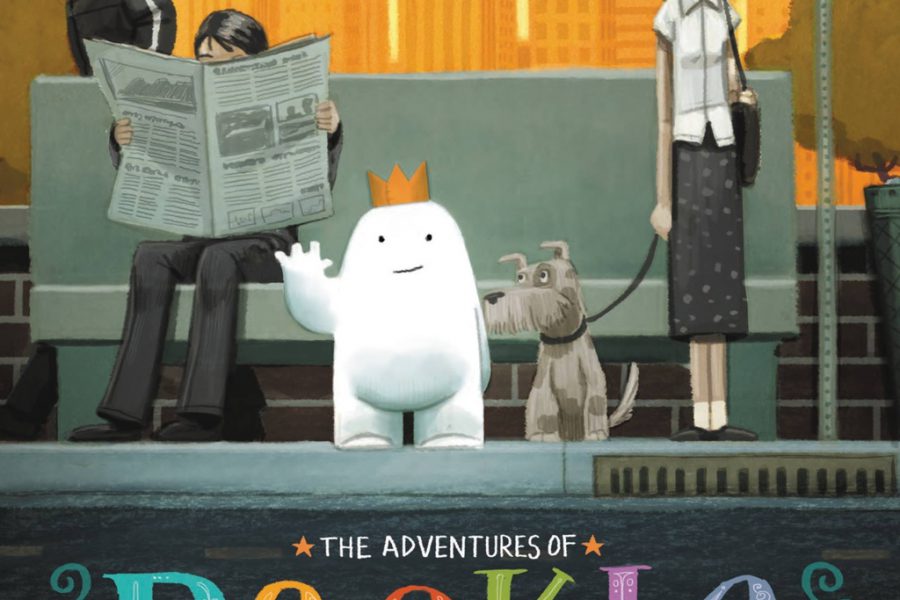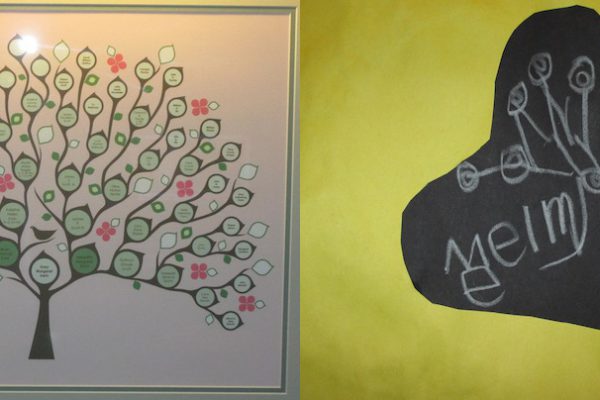
Like countless other children, my son recently saw the acclaimed new Disney Pixar movie, Inside Out. And like countless other parents, I quietly wept through just about the entire movie. Among the many striking moments, characters, and messages in the film was one specific creature who got me thinking – Bing Bong, the since-forgotten imaginary friend to the movie’s protagonist.
I can’t even begin to describe his story without tearing up with nostalgia and heartache rolled into one. So I will leave the specifics of his tale to those who plan on seeing the movie. But his presence as a character made me contemplate my son’s experience, or lack thereof, with imaginary friends. I later asked him, after he talked fondly of Bing Bong, whether he ever had an imaginary friend, to which – unsurprisingly – he said no. I’m not entirely certain I ever had an imaginary friend as a child either…
…which begs the question, why do some kids have imaginary friends while others do not? My son certainly has a flourishing imagination. His beloved Matchbox cars have plenty of conversations and get into various predicaments contrived in my son’s mind. Just yesterday, a stick he discovered in the yard, became a “rainbow shooter” that got rid of bad guys. And almost daily he comes up with a plot line for a game he’d like me to play. Yet, in all of that creativity, an imaginary friend has never been present.
Luckily, I came upon a book – shortly after this mental quandary began – that helped explain the no-imaginary-friend-phenomenon. The Adventures of Beekle: The Unimaginary Friend by Dan Santat, (winner of the Randolph Caldecott Medal for picture book artistry) is the tale of an eager imaginary friend who remains stranded on a faraway island awaiting his real friend. When he watches other imaginary friends get scooped up by real children and becomes forlorn that his child never comes to retrieve him, Beekle takes matters into his own hands and sets off on a journey to discover his real friend. The moment he is united with his perfect match sent me into tears reminiscent of those shed during Inside Out. Touches of quirkiness, nostalgia, and pure love make this book a gem.
What’s more, I now have a reasonable and realistic explanation for why some children never have imaginary friends. Maybe my son has his own Beekle, currently journeying across oceans to seek him out. Or perhaps he is just not one of the 37% of children who, according to Marjorie Taylor and her colleagues at the University of Oregon, create an invisible friend by the age of seven.
But I like to believe there is a loving little being out there just waiting to make memories with my son.



Lovely piece and will certainly check out Dan’s book! If you want to dive deeper into children and imaginary friends check out Alison Gopnik’s Philosophical Baby — helped me to rethink my preschool students who do and do not present me with imaginary friends! Great writer and researcher to boot!
Thanks for the recommendation, Wendy. I will definitely check out that book!